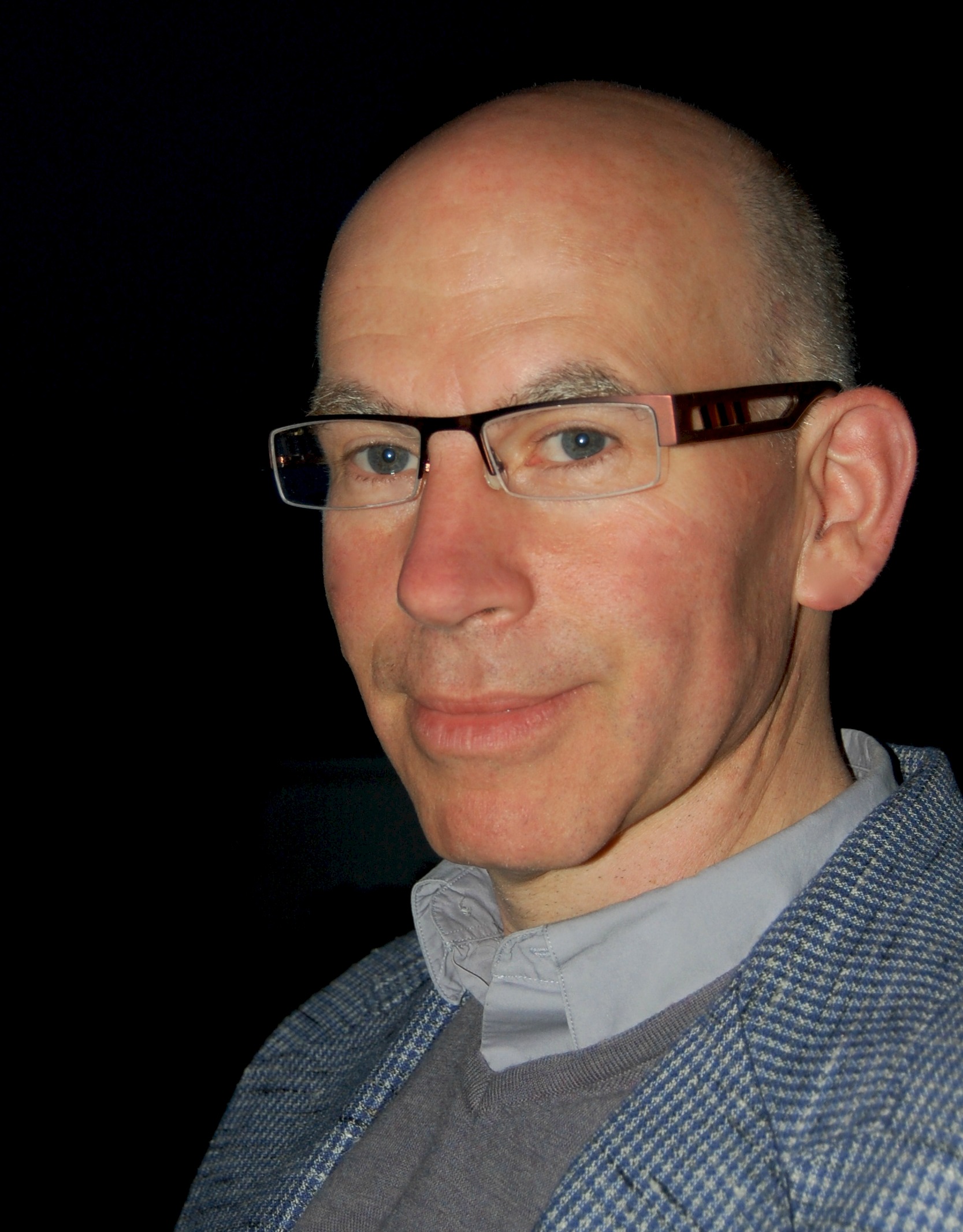“It is God who is revealed in every face.” ~ Ibn Arabi

In a dream, I overheard a discussion. Two people were talking.
One was pointing out, “You know, a lot of fine spiritual work is done here and there, in groups and individually, in explicit and implicit ways. Love, enlightenment, compassion, invention, humor, deep meetings that weave us right along with the inner warp and weft of things.”
The other was objecting, “Yeah, but there is still so much wrong with the world. After so many millennia of all this great spiritual activity all over the world, what’s the point?”
I don’t think we need to reconcile these two perspectives.
At times we know there is no separation: that what we do intensively and for the sake of love here is already happening everywhere.
On one side, the spiritual work is good in itself, and sometimes we can even turn it in the direction of what Spangler calls “subtle activism” to help the earth and its inhabitants. The Buddhist practice of sharing the merit has this quality. Also, at times we know there is no separation: that what we do intensively and for the sake of love here is already happening everywhere.
And yet, on the other side, it seems no amount of positive spiritual work, and no generous perspective, undoes or even lessens the difficulty of our world.
In the Sufi-inspired practices, we have not been engaging the question of how suffering and evil abide. Rather, we let interpersonal opening become an opening to the divine. We have been practicing forms of eye-contact, with various cues and preparations to help the word-likeness of our encounter become salient, even as we use no words or few words in the actual moments of encounter. Our eyes speak worlds.

Michael Lipson, PhD is a Clinical Psychologist living with his family in Berkshire County, MA. He is the author of Stairway of Surprise (2002) and Group Meditation (2010) both from SteinerBooks. He teaches workshops in meditation and consciousness studies both locally and globally. See also Asher’s Grateful Life, a Story of Grateful Living by Michael and his son, Asher.
